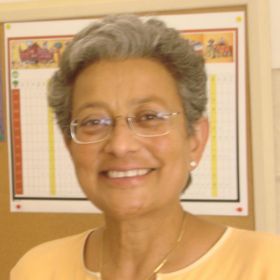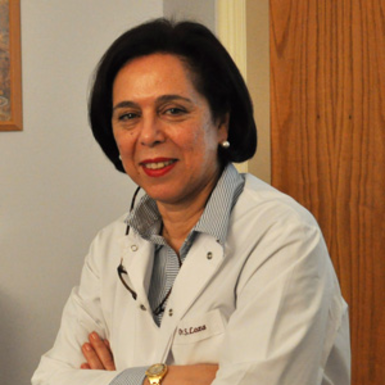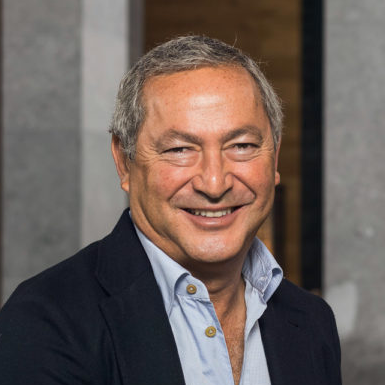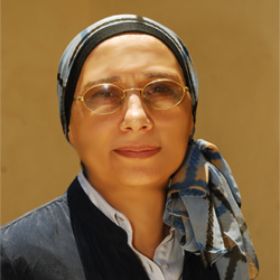 Philosophy
Philosophy
The Nursing Program is an integral component of Gouna Technical Nursing Institute (GTNI). Founded as a private non-profit organization by its governing organization, Sawiris Foundation for Social Development (SFSD), and situated under the Ministry of Higher Education, the GTNI is committed to excellence in scholarship and service. In concurrence with the mission of the GTNI and the SFSD, the nursing faculty accept the responsibility of providing an environment in which the learner can gain a breadth of knowledge in the humanities, natural sciences, and social sciences as well as an in-depth understanding of one sector of learning. The faculty believe that by fostering both personal and professional growth from a holistic perspective, they encourage the student to become a positive influence on the nursing profession and society.
The Nursing Program is committed to the education of nurses at Technical Diploma level. However, the faculty believe that multiple levels of nursing practice exist. The program builds a solid foundation for future endeavors in professional development and educational mobility and provides opportunities upon graduation for bachelor’s degree level study through its collaboration with other distinguished higher educational institutions within Egypt.
The GTNI is also dedicated to the development of nursing faculty and promotes activities that facilitate faculty maintenance and enhancement of expertise, such as continuing education, formal advanced education, clinical practice, research, publications, and other scholarly activities or applicable professional development. This is to ensure faculty are appropriately academically and experientially qualified, as well as qualified to teach, and able to foster excellence in scholarship and service for the benefit of students and the community, as well as the advancement of the nursing profession.
The nursing faculty believe the central concepts of the discipline of nursing are person, environment, health and nursing. These four concepts are viewed generically. The concept of person may refer to individuals, families, groups, communities, organizations or society as a whole. The person is a unique biopsychosocial, cultural, spiritual being who continuously interacts with the environment throughout the lifespan. Every person has inherent dignity, worth and individuality, and a right to comprehensive, compassionate health care. Environment refers to all the conditions, circumstances and influences surrounding and affecting the development of the person. It refers to all possible internal and external stimuli that may influence behaviour and adaptation. It may be considered past, present and future, but is always seen in the context of the present. Health is a dynamic state of being and becoming integrated and whole in which the individual adapts to changes in the environment. Nursing, as an art and science, is a developing system of knowledge about persons, health and their environment. Further, nursing is unique in the way it synthesizes the liberal arts and the physical, biological and social sciences through the use of the nursing process in the design and delivery of therapeutic nursing interventions for individuals, families, groups, the community and society.
The concepts of adaptation, nursing process and professional role explain the relationships and interactions between and among person, environment, health and nursing. Adaptation is a dynamic process by which the person responds to stimuli in the environment while maintaining personal integrity. The adaptive potential of the person involves flexible adaptation, stability, growth and change. Nursing promotes adaptation through the systematic, deliberate, intellectual application of the nursing process. Professional role encompasses caring, teaching, advocacy, leadership, management and research. Therapeutic nursing intervention, critical thinking and communication are instruments used to promote adaptation, implement nursing process, and develop professional role. They also provide a framework for the assessment of the end of program student learning outcome.
Nursing education provides opportunity for the student to learn the art of caring based on a scientific body of knowledge that gives direction to nursing practice. Through the curriculum, the student learns to value a holistic approach to the individual, recognizing the person’s capacity to participate in decision making and to make informed choices. Through a sequence of planned theoretical and clinical experiences including student reflection, self-evaluation and faculty feedback, the student is prepared to assume the role of a professional nurse.
Learning is a continuous, lifelong process that guides the learner in the acquisition of knowledge and the development of values and beliefs about people and their needs in an ever-changing society. Learning is the active process of acquiring knowledge, skills, values, attitudes and abilities that results in behavioral change. The student learns best in an environment that fosters open communication and mutual respect. Such an environment motivates and encourages participation in the educational process. This climate of the academic setting offers opportunities to become more reflective, compassionate, caring and socially responsible.


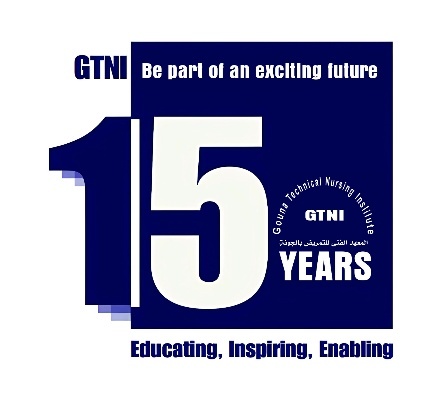

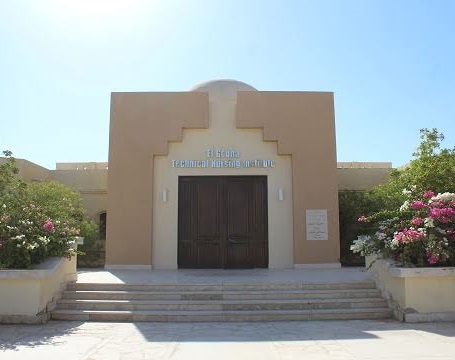
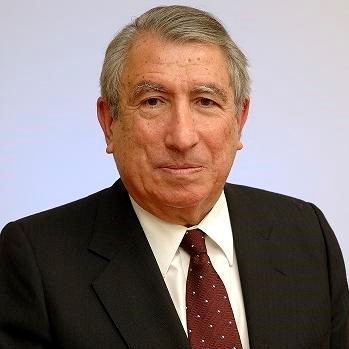
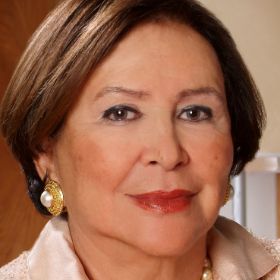
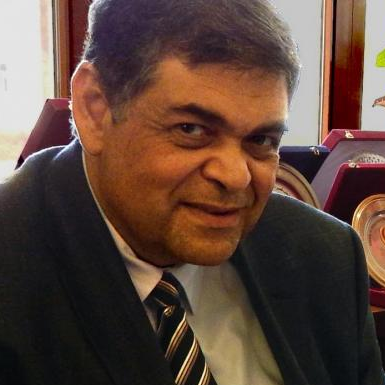
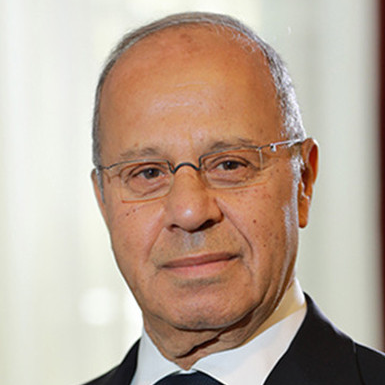
_90a91_lg.jpg)
